A professor of Applied Geology at the University of Technology and Applied Science has discovered a non-toxic gold leaching agent that can be used by miners instead of mercury.
The eco-friendly powder residue is free of cyanide and other harmful chemicals.
Prof Emmanuel Arhin believes the gold leaching agent, technically known as SEYCHEM–CFX100, could help deal with mercury pollution in the mining industry.
Experts say mercury contamination is a significant public health and environmental problem.
Research conducted in Wa East and Ahafo areas suggests farmlands are becoming infertile due to mercury residues in the soil.
Evidence from Prof Emmanuel Arhin's research suggests that mercury is responsible for a reduction of the activity of living organisms in soils.
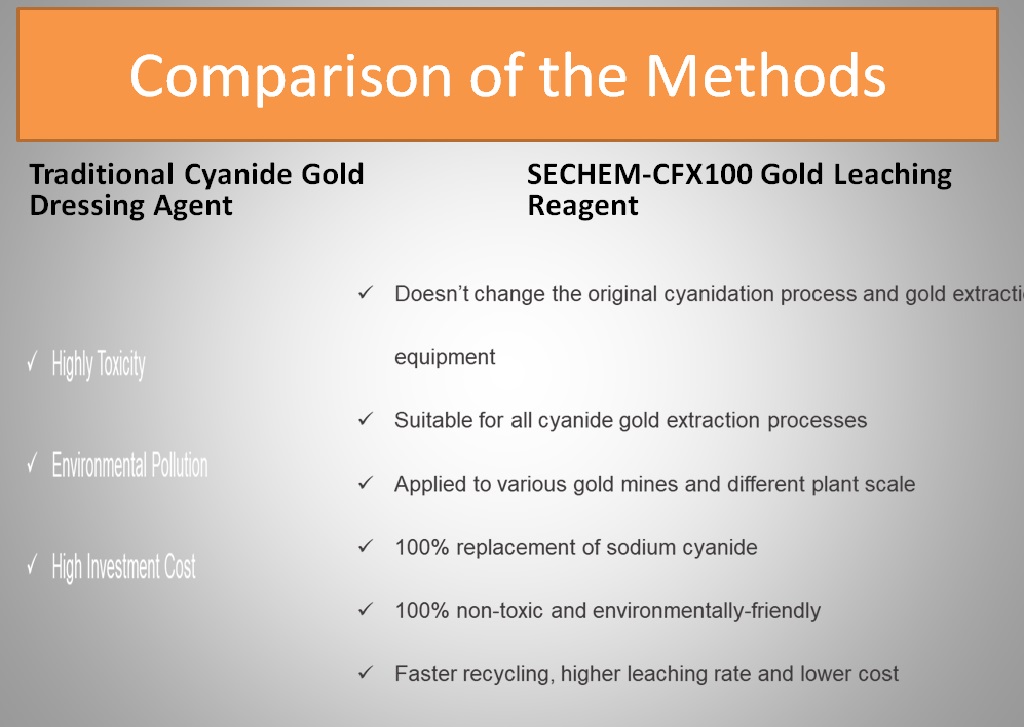
An estimated 37 per cent of global mercury emission is attributed to artisanal and small-scale gold mining.
The effects of mercury emissions extend well beyond a mine’s catchment. It enters the atmosphere when it is sprayed, and returns to the ground in rain.
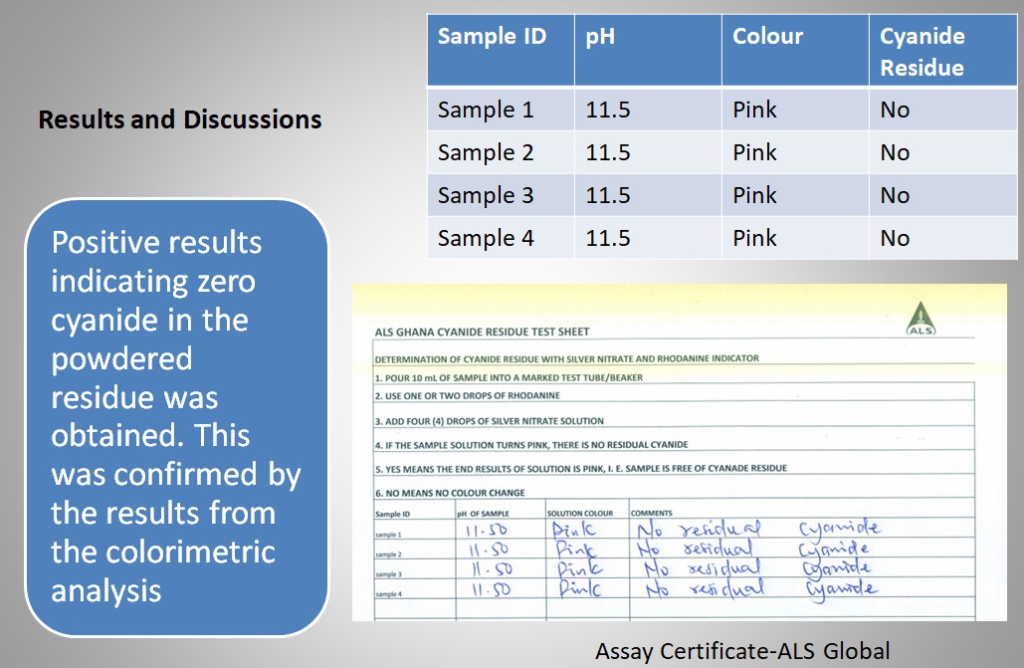
According to Professor Arhin, this process of using mercury and cyanide pollutes farmlands and degrades the soil, rendering it unfit for agriculture.
The presence of gold doesn’t render farmlands unfit for farming, but rather toxic elements like cyanide used by miners.
That’s according to Prof Arhin.

Mercury may be used by miners because of its affordability and availability.
But some miners may not realize the effects of mercury poisoning.
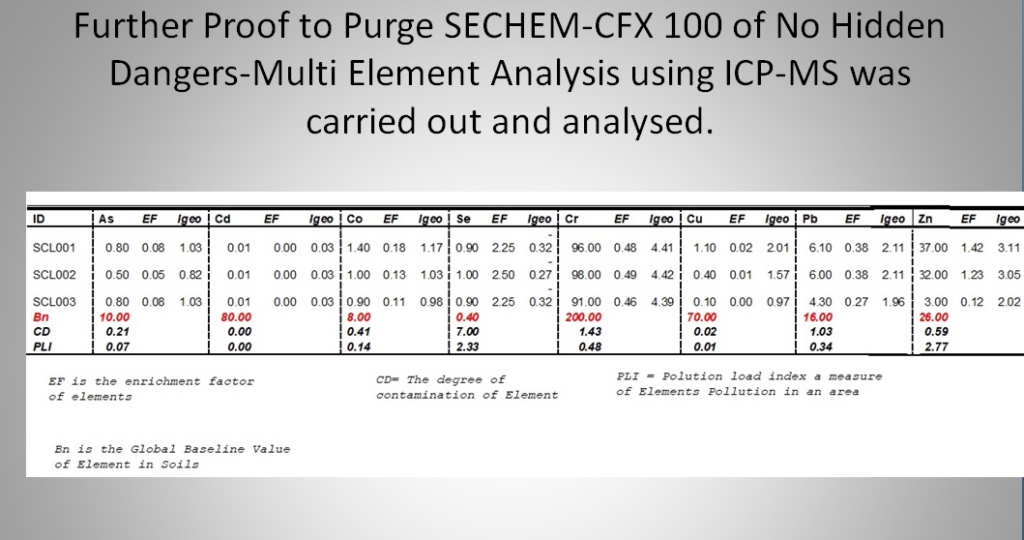
Others may also lack proper processing equipment to extract gold safely, cleanly and efficiently.
Prof Arhin says actions need to be taken urgently.
The Professor of Applied Geology has worked on an eco-friendly chemical to replace mercury and cyanide.
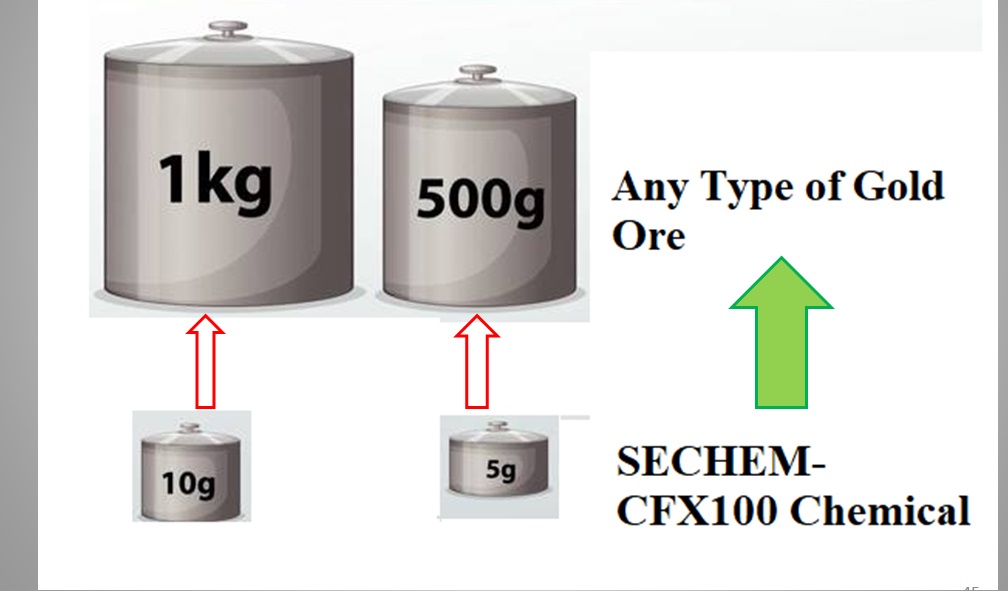
The cyanide-free agent, SEYCHEM-CFX100, will save the ecosystem and improve people's health.
"The Degree of Contamination (CD) and Potential Load Index (PLI) calculated for some potentially harmful elements and few essential elements generally show no contamination or low contamination. From the calculated values they don’t pose ant danger to population health or to the ecosystem" Prof Arhin says.
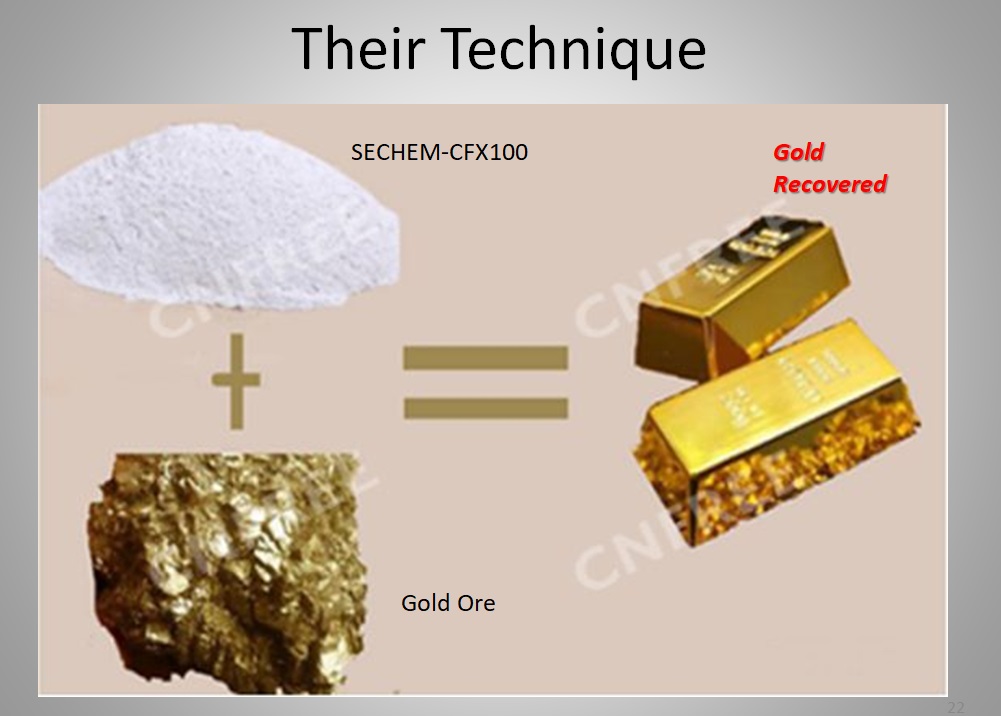
Three analytical methods were used to get answers for the objectives set.
Colorimetric method, Gold recovery rates from Cyanide Bottled Roll (Au-AA 11a) and SECHEM-CFX100 (Au-AA 15a).
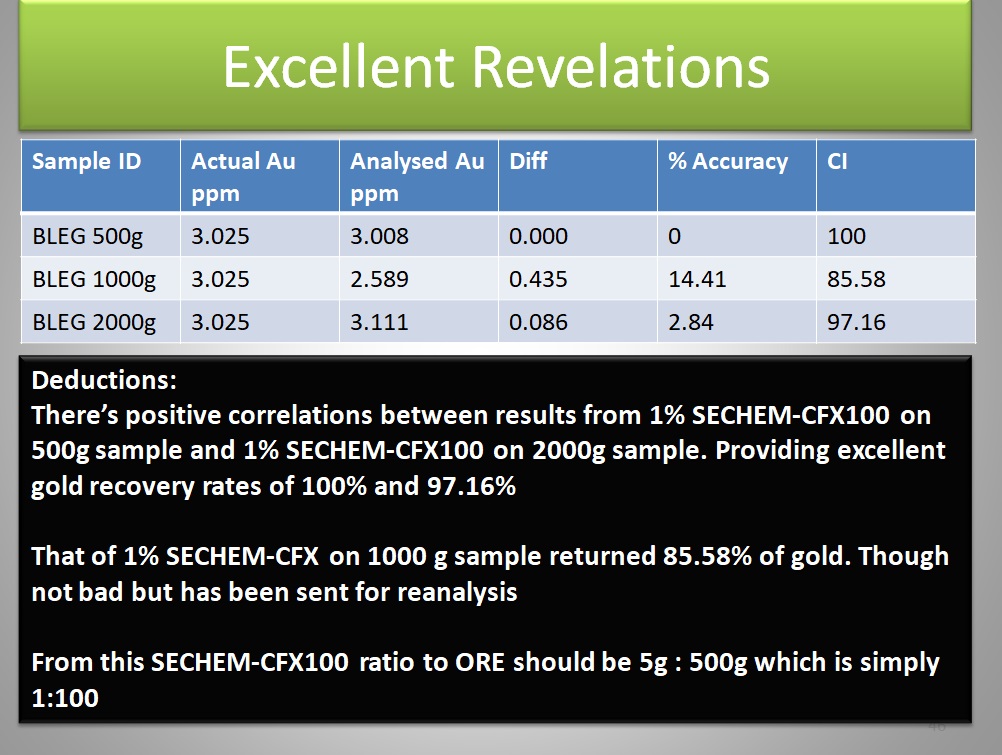
The two methods fall under partial digestion and extraction process
ICP-MS method to detect concentration levels of other elements different from Gold (refer to as multi elements).
According to Prof Arhin, Positive results indicating zero cyanide in the powdered residue was obtained.
"This was confirmed by the results from the colorimetric analysis," he adds.
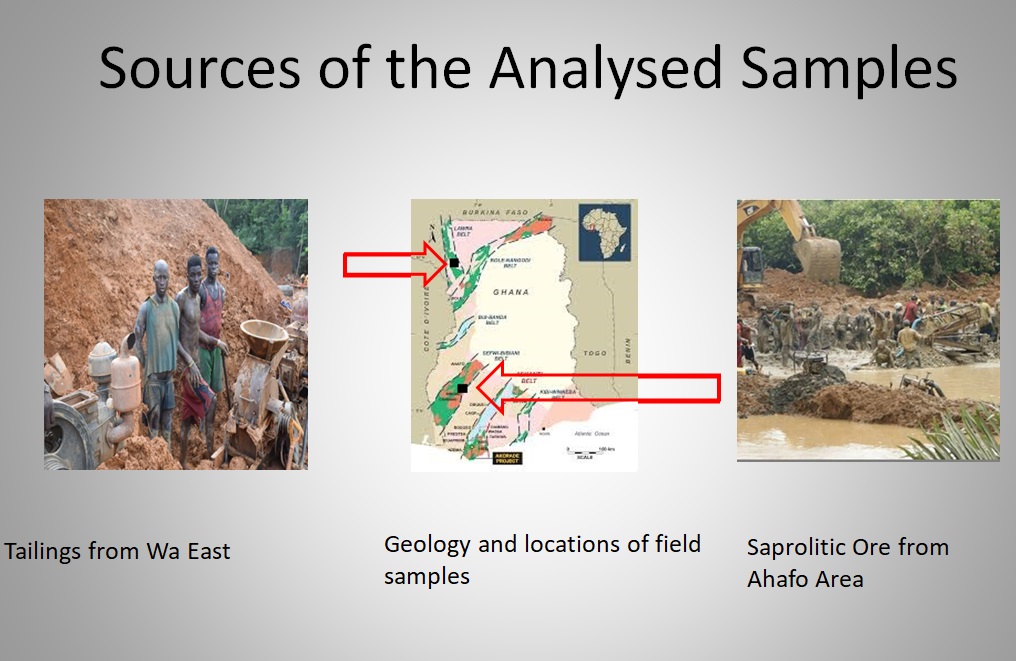
From the Prof Arhin's results and analysis, the maximum measured concentration considered as duplicate pairs from the two analytical methods were 2.901 g/t and 3.025 g/t.
This shows marginal variation of 0.124 g/t an equivalent of 4% suggesting high precision.
The median values for the two analytical methods hovers around 1.2 (i.e. 1.15 and 1.2 the two approximately the same).
"The mean value for the Traditional Method is 1.309 g/t whilst that of SECHEM-CFX100 is 1.374 g/t. The difference in mean value is 0.065 also equivalent to ~ 5%."
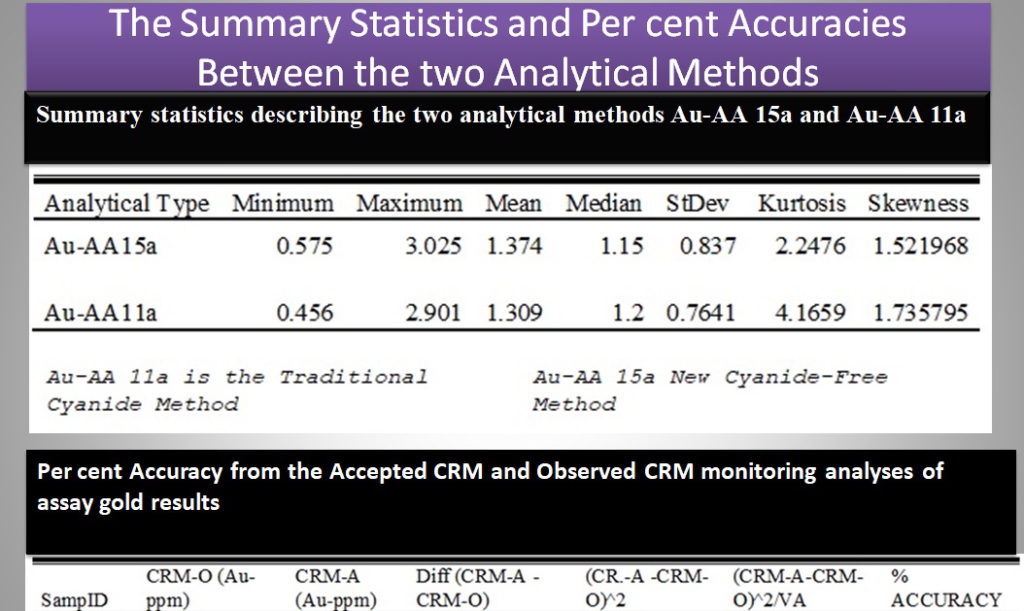
The revelation was that, there’s positive correlations between results from 1% SECHEM-CFX100 on 500g sample and 1% SECHEM-CFX100 on 2000g sample.
According Prof Arhin, it provides excellent gold recovery rates of 100% and 97.16%. That of 1% SECHEM-CFX on 1000 g sample returned 85.58% of gold. Though not bad but has been sent for reanalysis."
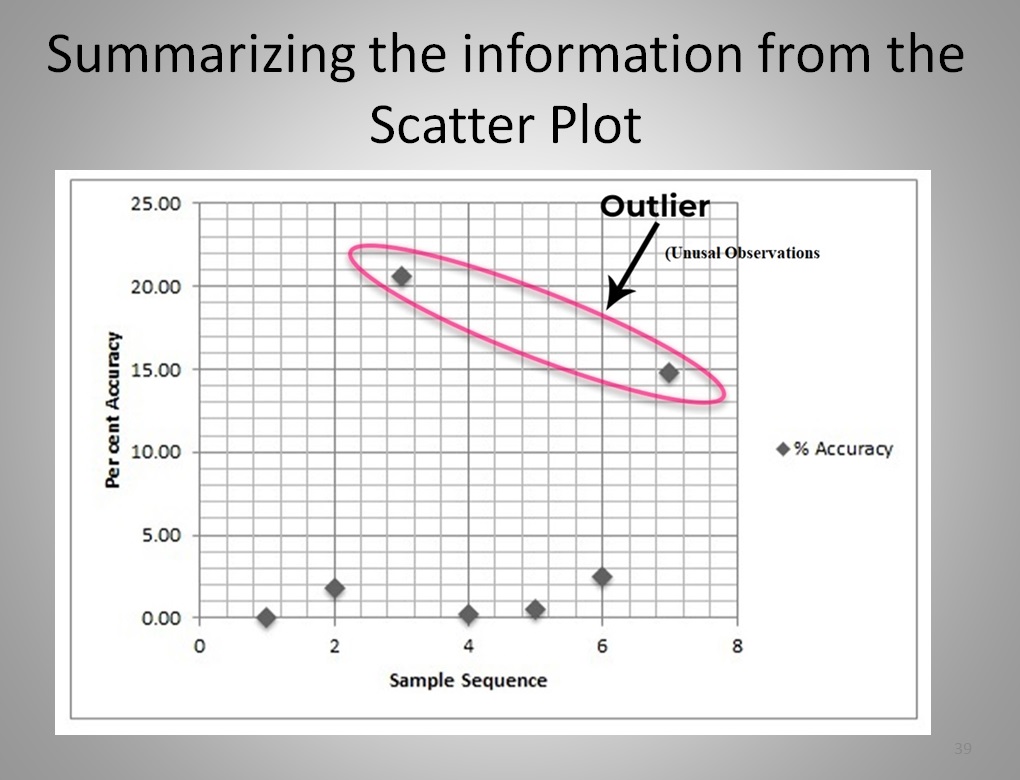
From this SECHEM-CFX100 ratio to ORE should be 5g : 500g which is simply 1:100.
Prof Arhin concludes that, the cyanide-free chemical can therefore replace the Traditional cyanide chemical because there is no cyanide residue in SECHEM-CFX100, meaning it will have no carcinogenic effect. No associated hazardous elements, and has better mean assay gold value than the traditional method.
Small scale miners in the Amansie West district of the Ashanti region welcomes the idea of using SEYCHEM-CFX100 in gold extraction.
One of them, Kwame Baffour told JoyNews they will embrace it once it will protect the environment.
Latest Stories
-
Government suspends GH₵1 fuel levy indefinitely, new date to be announced later
20 minutes -
Democratic state politician and husband shot dead in targeted attack
32 minutes -
15 killed by Israeli fire near Gaza aid site, hospitals say
38 minutes -
Ashaiman NDC in shock as chairman Shaddad Jallo dies
1 hour -
Mahama converts Daboya College into public Teacher Training Institution, revives Doli project
2 hours -
Prioritise prudence, not foreign debt – Deputy Ahafo Regional Imam implores African leaders
2 hours -
Mahama promises STEM School and TVET Centre for Savannah Region
2 hours -
Mahama announces new public university for Savannah Region
2 hours -
Ahiagbah demands Health Minister’s dismissal over handling of nurses’ strike
2 hours -
Mahama’s clemency for radio stations was pure gimmick – Egyapa Mercer
2 hours -
GRA postpones implementation of Energy Sector Levy
2 hours -
GES urges supervisors and invigilators to uphold integrity and honesty
4 hours -
Don’t let your parents down – Omane Boamah to Pope John SHS students
4 hours -
Prof Sharif Khalid defends gov’t’s record on health workers, questions comparisons with UK
5 hours -
Razak Opoku: KGL-NLA contract the best since establishment of NLA in 1958
5 hours

